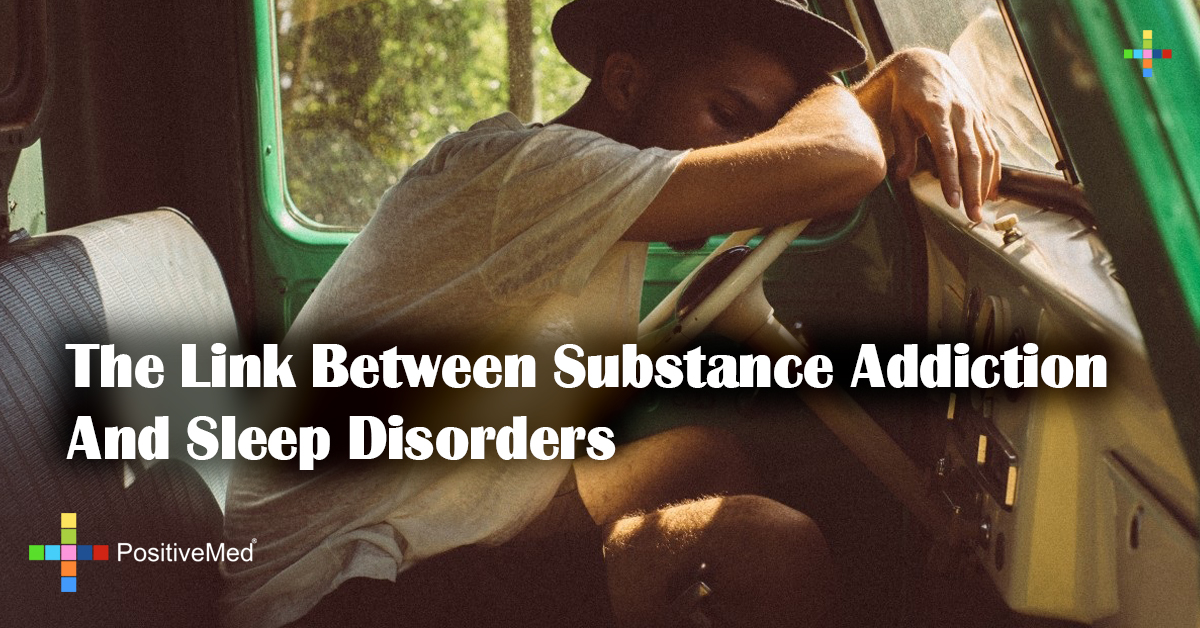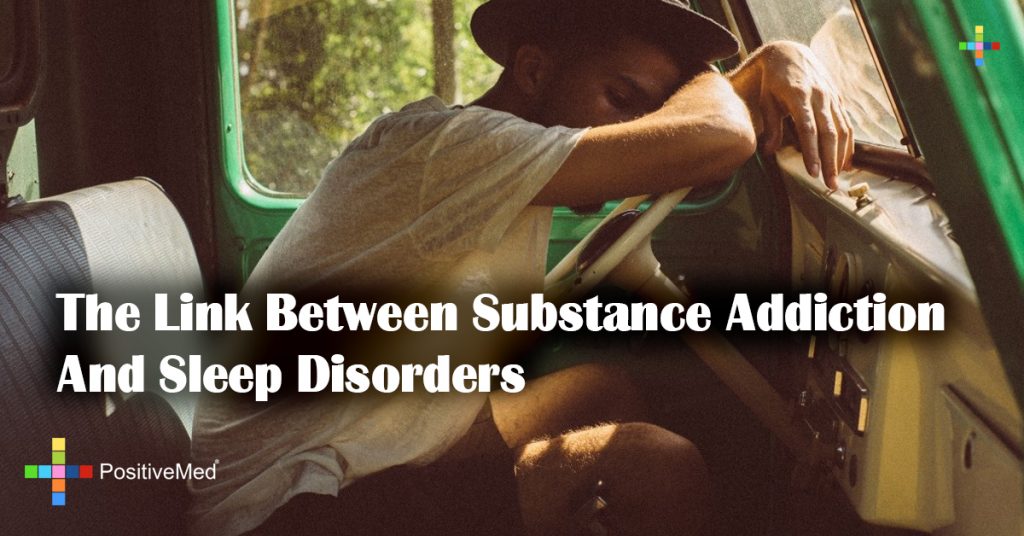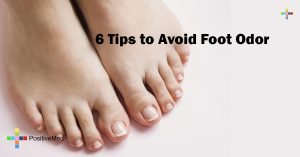
The Link Between Substance Addiction And Sleep Disorders
When it comes to drug and alcohol addiction, not much is said about how drug and alcohol use can negatively impact a person’s sleep cycle. Study after study has indicated the importance of sleep, and how there is a definite link between adequate sleep and our overall wellness. Though it probably goes without saying for many who struggle with substance abuse, research has shown that those who struggle with substance addiction are far more likely to have a sleep disorders than the average person. Even worse, poor sleep can cause drug relapse.
Sleep, Psychiatric Disorders, and Substance Abuse
Sleep problems are usually an indication of psychiatric problems as well. Usually professionals think of a dual diagnosis of substance abuse and a mental health disorder such as depression. A link between sleep and substance abuse is spotted less often. However, there is often a link between substance abuse, mental health problems, and sleep disorders. When a doctor treats a patient for sleep disorders, she should ask about the patient’s use of drugs or alcohol. Likewise, a professional treating a person for substance abuse should also ask about any sleep problems the patient may be having.
The Cycle of Poor Sleep and Substance Abuse
When it comes to sleep disorders and substance abuse, it’s easy to get lost in the chicken-egg question. Which of the two came first? The truth is, either can give rise to the other. An insomniac might try to remedy her problem with alcohol or “downers,” and might eventually become addicted to them. Although alcohol can help a person fall asleep, it results in poor quality sleep so that you wake up feeling tired. Alcohol is also likely to cause sleep apnea, which can interrupt sleep.
RELATED ARTICLE: The Most Common Sleep Disorders and Treatments for Them
Drug and alcohol use can also cause a person to change their natural sleeping patterns, which they might then try to remedy with more drugs or alcohol. For that reason, sleep problems are a common problem during withdrawal. Patients addicted to opiates have also reported having trouble falling asleep and staying asleep.
Sleep Disorders and Relapse
Experts have said that sleep problems can last for many months after a person becomes sober. For that reason, patients become susceptible to relapse. It’s difficult to abstain from substance abuse when the substance was helping you to fall asleep. Lack of sleep may also cause anxiety, which can also push a sober person back to substance abuse. Since our Florida Intensive Outpatient Program focuses on relapse prevention for long-term recovery, we work with patients extensively to restore healthy sleep patterns and guard against relapse.
Solving Sleep Problems During Treatment
If you experience any sleep problems during your time in drug treatment, let your doctor know. There are a variety of healthy, non-habit forming ways to deal with sleep disorders during the rehabilitation process. Changing behaviors and using non-addictive medications can help to get your sleep rhythm back on track. Cognitive behavioral therapy can help in this area by helping the patient to identify thoughts and beliefs that keep them up at night, and then replacing them with healthier thoughts and beliefs. Sleep medication are basically safe to use for most people. However, those with substance abuse issues are prone to abusing them. Some drugs that treat sleep disorders without the chance of becoming addicted include ramelton, the anti-seizure drug gabapentin, and the antidepressant trazadone. Other drugs are also being developed that would effectively treat insomnia without causing addiction.
When struggling with sleep disorders, practicing some healthy habits can go a long way. A person should only use their bed for falling asleep, and not for reading, watching T.V, or talking on the phone. A patient should also avoid caffeine, exercise, and nicotine within an hour before bed. Though new habits take time to form, putting in the effort would be well worth it.
The goal of treatment is to get the patient back to their normal life, which includes restoring the body’s natural rhythms during waking and sleeping hours. With the help of dedicated doctors and treatment specialists, you can get back in the habit of sleeping at normal hours without the aid of addictive substances.
Disclosure Policy:
This blog is a collaborative blog written by a group of individuals. This blog accepts forms of cash advertising, sponsorship, paid insertions or other forms of compensation. The compensation received may influence the advertising content, topics or posts made in this blog. That content, advertising space or post may not always be identified as paid or sponsored content. The owner(s) of this blog is compensated to provide opinion on products, services, websites and various other topics. Even though the owner(s) of this blog receives compensation for our posts or advertisements, we always give our honest opinions, findings, beliefs, or experiences on those topics or products. The views and opinions expressed on this blog are purely the bloggers’ own. Any product claim, statistic, quote or other representation about a product or service should be verified with the manufacturer, provider or party in question. This blog does contain content which might present a conflict of interest. This content will always be identified.






